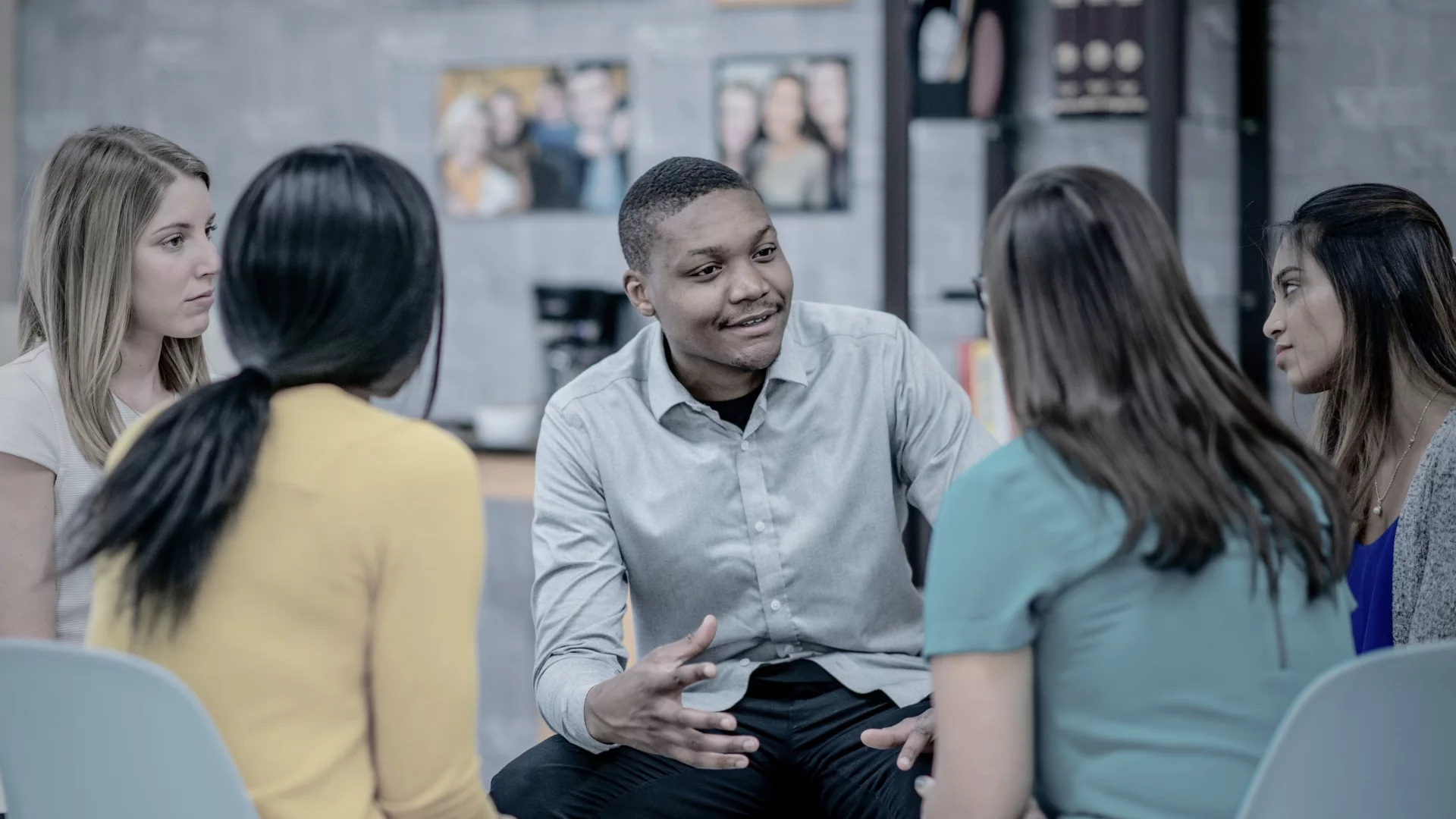By Karen Amos
My late and much-missed mentor used to have a brilliant phrase when I was bogged down in work issues – ‘You’re trying to move the rug, but you’re stood on it.’ It’s a phrase I now use with many of my clients and the response is usually a resounding, ‘Yes! It’s exactly that!’
Often as a coach, this is exactly what I’m tasked to do – help my clients move that rug. So what’s the rug? It could be anything from managing an overwhelming workload, unpicking the intricacies of team dynamics to enable staff to work effectively, to prioritising which problem or issue to deal with first to develop a robust business. Whatever the scenario, I’m sure you know that feeling of pressure, but not knowing even where to start to resolve things, as every factor seems to depend on other factors for success.
Why can’t we just sort this stuff out for ourselves? Basically, it’s due to the plate spinning that’s part of everyday working life. Here’s an example. Clients often come to me to improve their time management and work-life balance. If it was that simple, they wouldn’t need a coach. After all there are any number of books, apps and online videos with a plethora of tips and strategies.
So why is coaching successful when these things often fail?:
1. You need to identify the right issue to work on. If you don’t get to the root cause of the problem, you’ll continue to come back to the same issues. Whilst hints and tips are useful, they only address the symptoms of the problem. To gain lasting change, you need to find out what the real issue is. Using time management as an example, people often come to me to help manage their emails or to-do list, but the root cause could actually be a lack of confidence to say no, or other members of the team not doing their share.
2. Gives you a strategy for success – Once you’ve identified the root cause of the problem, coaching helps you put in place a strategy for the future as you’d choose it to be. Coaching helps you lift your head and gain a clearer picture of what a good solution to your problem would be. Again, an example would be that we would work on confidence, mindset and communication skills to enable you to be able to say no to unreasonable demands and put alternative actions into place.
3. Coach as accountability buddy – It’s easy to give in when the going gets tough isn’t it? We’ve all experienced this at some time or another, whether it’s learning a new language or embarking on a fitness drive. Knowing you’ve a regular meeting with someone who is going to ask about your progress is often a powerful motivator to stick with change, even when you feel like walking away from it all.
4. Independent feedback – Coaches often talk about ‘challenging’ their clients. This really isn’t as confrontational as it sounds, but we are able to question and dig deeper regarding your motives for your actions and also help you to test out scenarios in a safe space. Your coach is there for you only, so I will often ask my clients if it’s ok to give them some feedback on perhaps how they have presented themselves, or their communication skills. Completely independent feedback is often impossible to come by in our work and personal relationships and can be invaluable to help move you to more positive ways of behaving.
5. Walking toolkit – I often describe myself as a walking toolkit for my clients. Through my experience, training and development as a coach, I’ve picked up lots of concepts and tools that can help frame the world differently and bring some clarity and a way forward. This could be everything from decision-making tools, to understanding your personal interactions with others, to leadership approaches. As mentioned above, these aren’t used indiscriminately, but rather are tailored to your individual requirements, saving you having to filter out what you need from the overload of information out there.
Hopefully that’s given you a taste of why coaching can be such a powerful tool – supporting you make positive changes when you really can’t see a way out of the situation. Helping you to move that rug!
Karen Amos is an Executive and Professional Development Coach and owner of BrightBird Coaching & Training. She specialises in supporting managers and business owners to build positive and productive teams, through 1:1 and team coaching and training workshops.
If you would like to find out how BrightBird can help you build your performance and support your teams to remain positive and productive, get in touch for a chat and to book your no-obligation FREE 1-hour Discovery coaching session.
We offer online video 1-to-1 coaching support from senior leadership to front-line staff and also team/group coaching.
Tel: 07714 855757 or email: [email protected]
 Karen Amos is an executive coach and founder of BrightBird Coaching & Training. She supports business owners and managers to get the best out of themselves and their teams. She brings a down-to-earth approach to improving working lives through better leadership, communication and working relationships.
Karen Amos is an executive coach and founder of BrightBird Coaching & Training. She supports business owners and managers to get the best out of themselves and their teams. She brings a down-to-earth approach to improving working lives through better leadership, communication and working relationships.
You May Also Like
Tips to Overcome the Hidden Barrier to Successful Conversations…
June 12, 2025
Embarrassment and shame are powerful emotions that can derail any…
Feeling Nervous Around Difficult Conversations? Try this…
May 29, 2025
A common barrier to successful difficult conversations is our feeling of…
Balancing support and challenge in difficult conversations…
March 19, 2025
A frequent question, is how to tackle a difficult issue with staff and still…
Changing Mindsets to Workload and Wellbeing…
February 22, 2025
A coaching approach to wellbeing and time management allows teams to develop…




